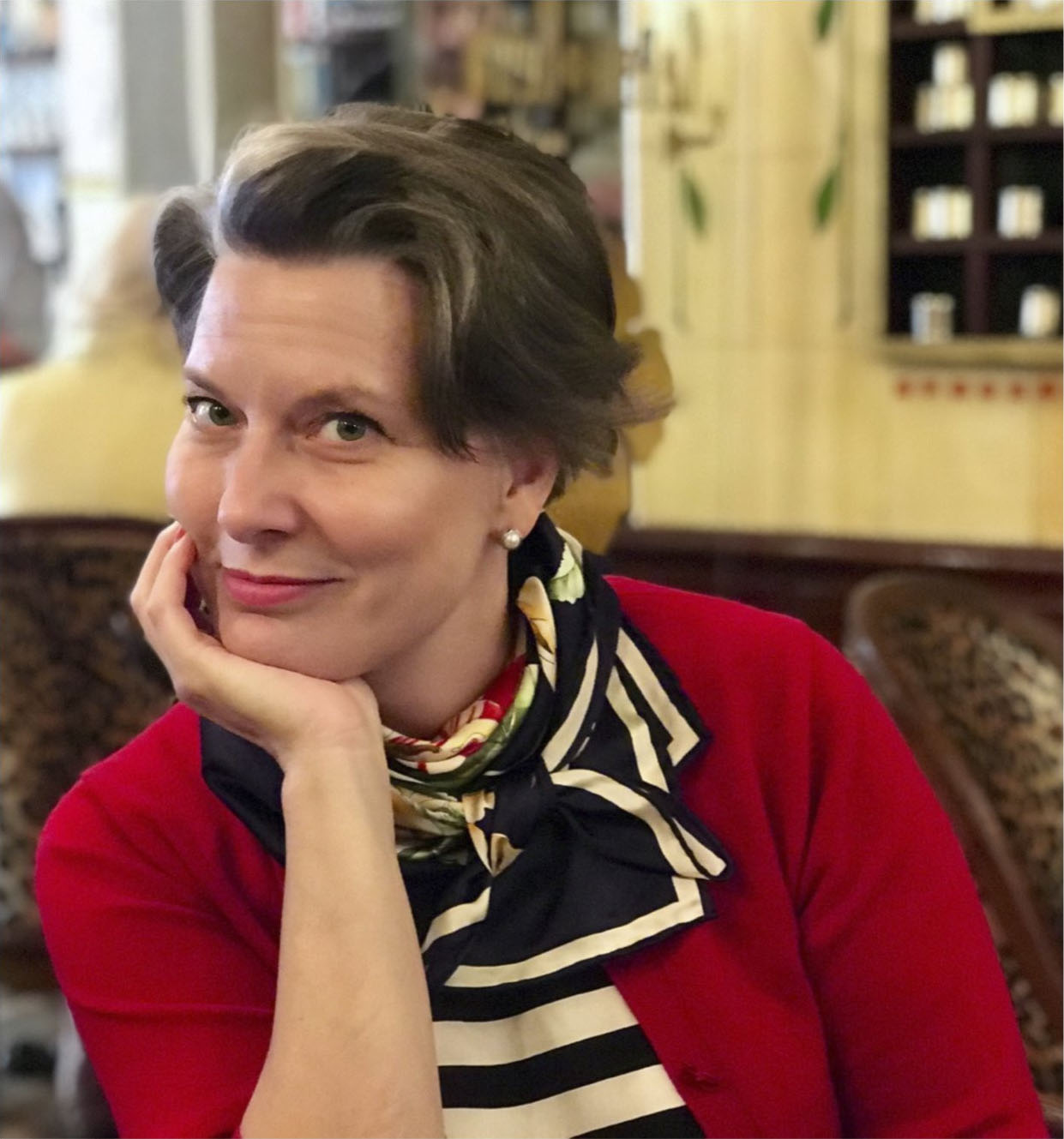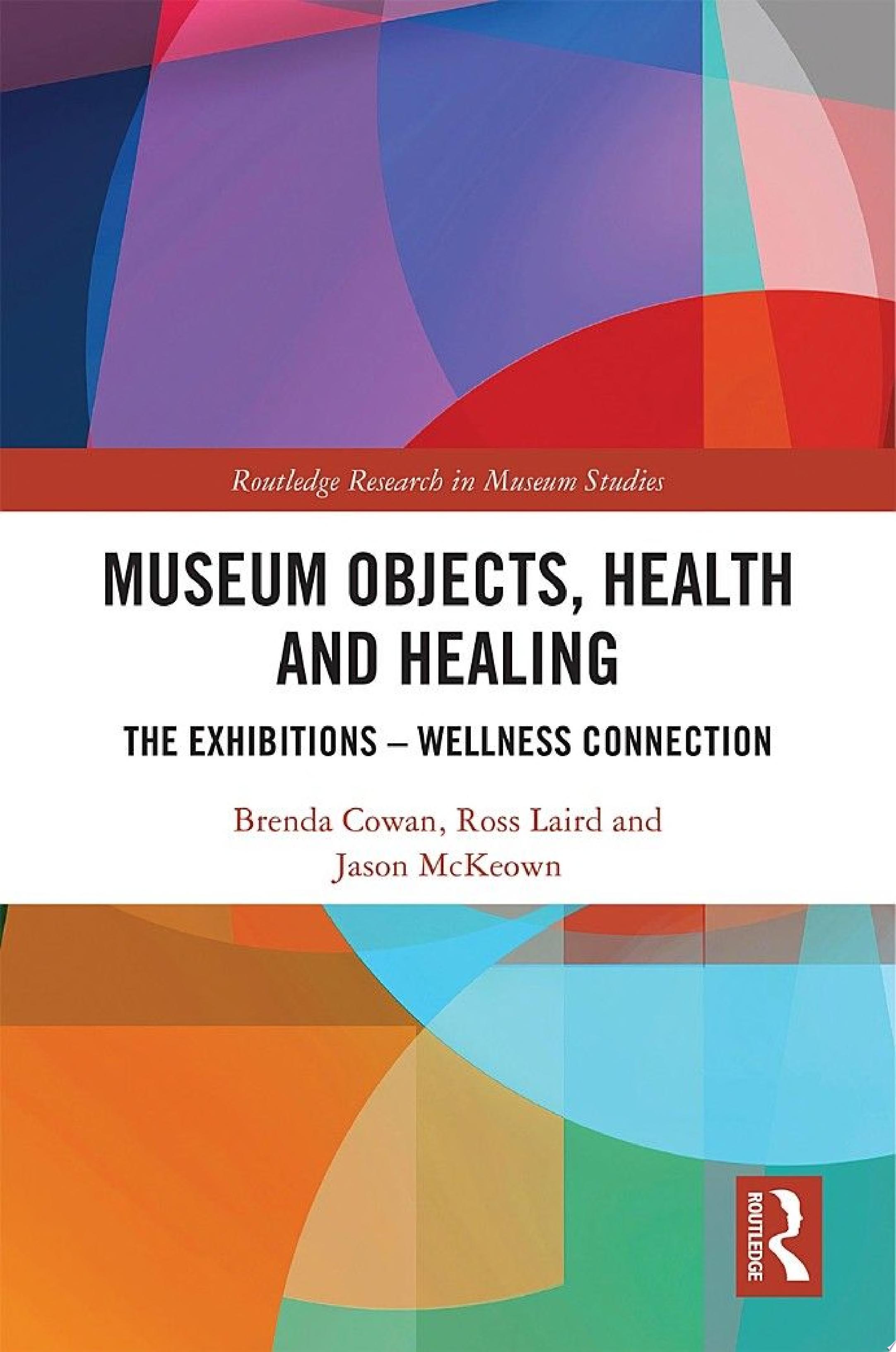
Associate Professor
Brenda Cowan
- School of Graduate Studies
- Exhibition & Experience Design
Museum Objects, Health and Healing
The Connection Between Exhibitions and Wellness
Museum Objects, Health and Healing provides an innovative and interdisciplinary study of the relationship between objects, health and healing. Shedding light on the primacy of the human need for relationships with objects, the book explores what kind of implications these relationships might have on the exhibition experience.
Merging museum and object studies, as well as psychotherapy and the psychology of well-being, the authors present a new theory entitled Psychotherapeutic Object Dynamics, which provides a cross- disciplinary study of the relationship between objects, health and well-being. Drawing on primary research in museums, psychotherapeutic settings and professional practice throughout the US, Canada, Bosnia-Herzegovina and the UK, the book provides an overview of the theory’s origins, the breadth of its practical applications on a global level, and a framework for further understanding the potency of objects in exhibitions and daily life.
Museum Objects, Health and Healing will be essential reading for academics, researchers and postgraduate students interested in museum studies, material culture, mental health, psychotherapy, art therapies and anthropology. It should also be valuable reading for a wide range of practitioners, including curators, exhibition designers, psychologists, and psychotherapists.

How did you first come up with the idea for this work?
My interdisciplinary research work began in 2015 with a field study investigating the connection between object-based psychotherapy and objects in museum exhibition experiences. Since then, the research has continued with empirical studies in museums in the US, UK and Bosnia, followed by Fulbright-sponsored applied research with national museums in Sweden.
What was your research process like?
The process followed a grounded theory approach beginning with exploratory field study in 2015, identifying the connections between two different scholarly disciplines and areas of practice. This initial work was conducted in North Carolina and British Columbia, and established my original theory of Psychotherapeutic Object Dynamics. The second phase of empirical research was conducted between 2016-2018, at four museums in New York, England and Bosnia. The empirical work was qualitative, utilized a heuristic interview methodology to collect data, and included working with two therapists as per the interdisciplinary nature of the subject. The data analytics followed a grounded theory approach and concluded in grounding the theory with primary resource data and in the body of literature across disciplines. The third phase of research was an applied study in 2019, utilizing the theory as an instrument for evaluation at the National Museums of World Culture in Sweden. The evaluation followed a conventional evaluation protocol with a focus on qualitative data collection and analysis.
Does this work relate to your role at FIT? If so, how?
I teach in these related areas.
What was your biggest challenge? What was most rewarding?
The concentrated timeframe to produce the book was very demanding. It was extremely rewarding to be able to share my work with the professional and academic communities, and work with an esteemed publisher in the UK.
Is there other information we should know?
February 12th, 6:00-7:30pm, Great Hall. There is a book launch event including a reading, a panel discussion of museum professionals featured in the book, a series of readings from four other authors who have written about object relationships, and an open-sourced exhibition of personal objects contributed by the event participants and audience.
- Time to publication: 2 years
- Professor at FIT since 2007
